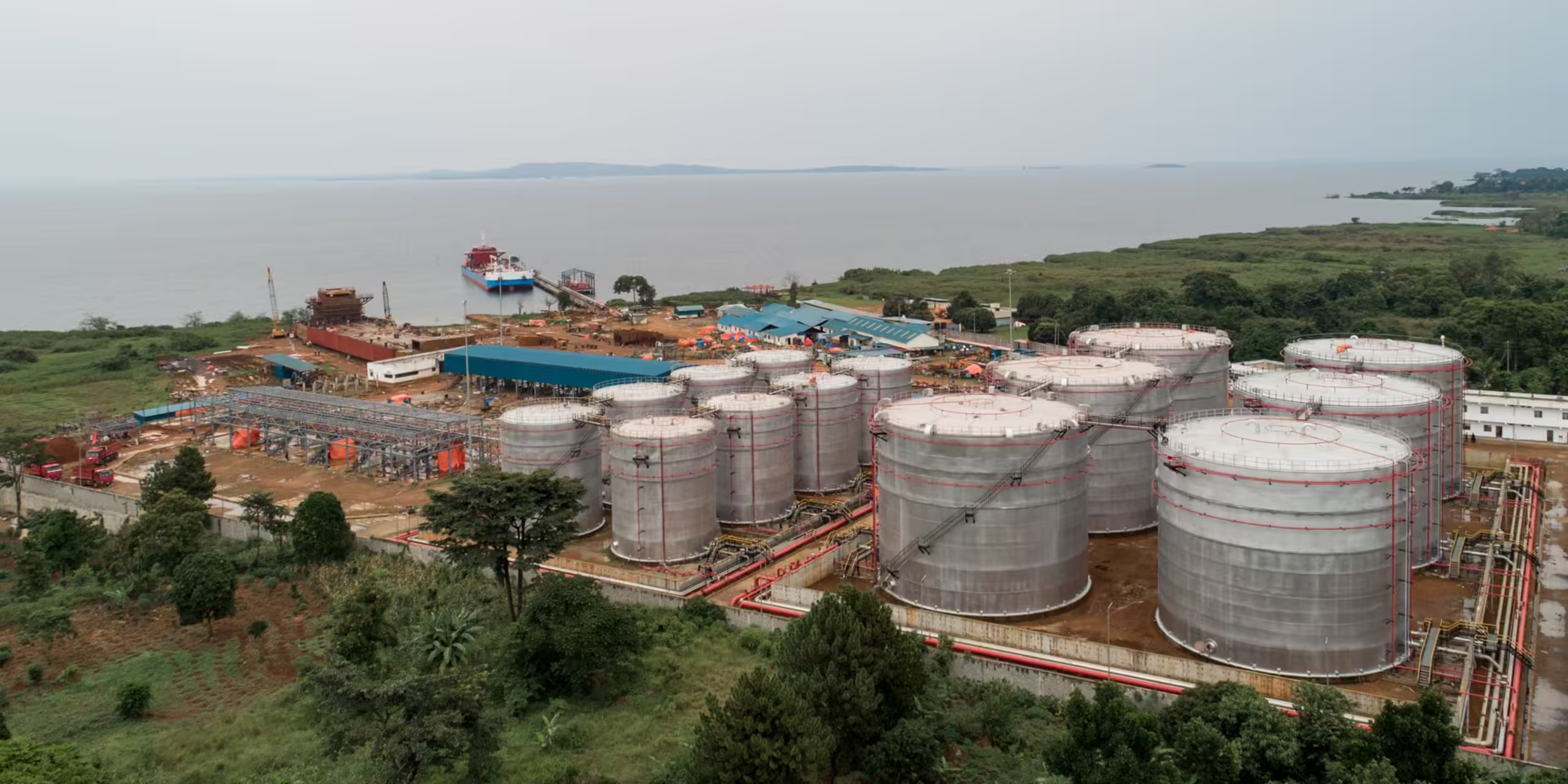
Joint committee of officials from Niger and Benin failed to find a solution to the border dispute over the oil pipeline, which has turned into a crisis between the two countries.
The Niger-Benin oil pipeline project, which aims to export Niger’s oil to the world market through Benin on the Atlantic Ocean coast, continues to face a border crisis.
Despite Niger’s closure of the border with Benin for security reasons, a crisis has arisen due to Benin’s desire to export oil from the Benin Port. Joint committee meetings of officials from both countries have also been inconclusive.
While Benin argues that Niger needs to open its land border for oil exports through the pipeline, Niger emphasizes that the border is closed for security reasons.
Last week, Benin’s Minister of Mines Samou Seidou Adambi met with his counterpart in Niger’s capital Niamey but was not received by President Abdarrahmane Tchiani.
Benin President Patrice Talon expressed dissatisfaction with Adambi’s meeting with Tchiani. Niger Prime Minister Ali Lamine Zeine also said that Adambi met with military regime officials.
- Strained relations due to the coup in Niger
Relations between the two countries deteriorated following the military coup in Niger in July 2023.
Benin, as a member of the Economic Community of West African States (ECOWAS), which imposed sanctions on Niger due to the coup, closed its borders to the country.
Despite ECOWAS’s tough stance, Benin’s President Talon tried to establish more moderate relations with the military regime in Niger but did not get the expected response.
Even if Benin opens its border, Niger has closed its border for security reasons.
- Africa’s longest oil pipeline
The Niger-Benin Oil Export Pipeline (PENB) project, initiated by the Chinese company Wapco in 2019 and costing about $5 billion, was completed in March, with the first symbolic production taking place in April.
As part of the project, crude oil extracted from the southwest of Niger is aimed to be exported through the 2,000-kilometer oil pipeline to the Seme Port in neighboring Benin.
Thus, Niger, which does not have a coastline, will be able to export oil through Benin on the Atlantic Ocean coast.
With the full implementation of the project, Niger is expected to produce 110,000 barrels of crude oil per day, with the aim of exporting 90,000 barrels.
The ultimate goal is for Niger to produce 200,000 barrels of crude oil per day by 2026.
Currently, Niger, a large desert country in the Sahel, which can produce 20,000 barrels of crude oil per day, uses this oil domestically as it does not have export channels.
The International Monetary Fund (IMF) points out that if Niger can produce 110,000 barrels of crude oil per day, the country’s economy can grow by about 11%.
To enable oil exports in the project, the border issue between the two countries needs to be resolved.
